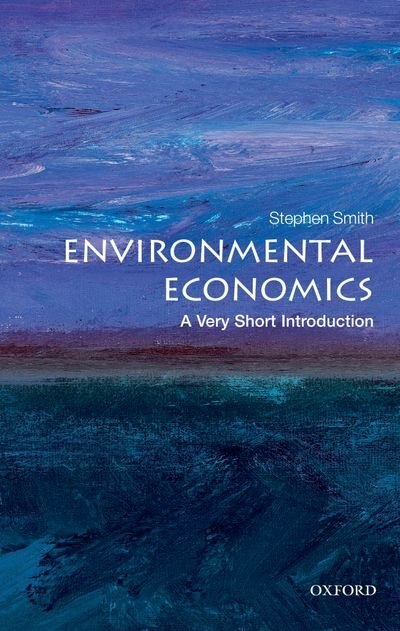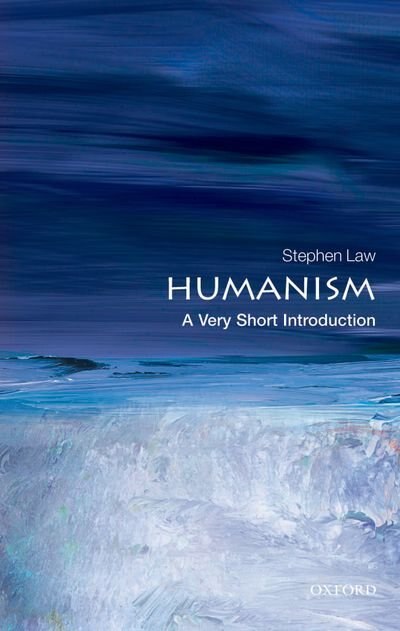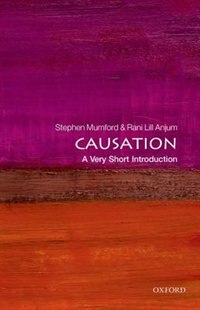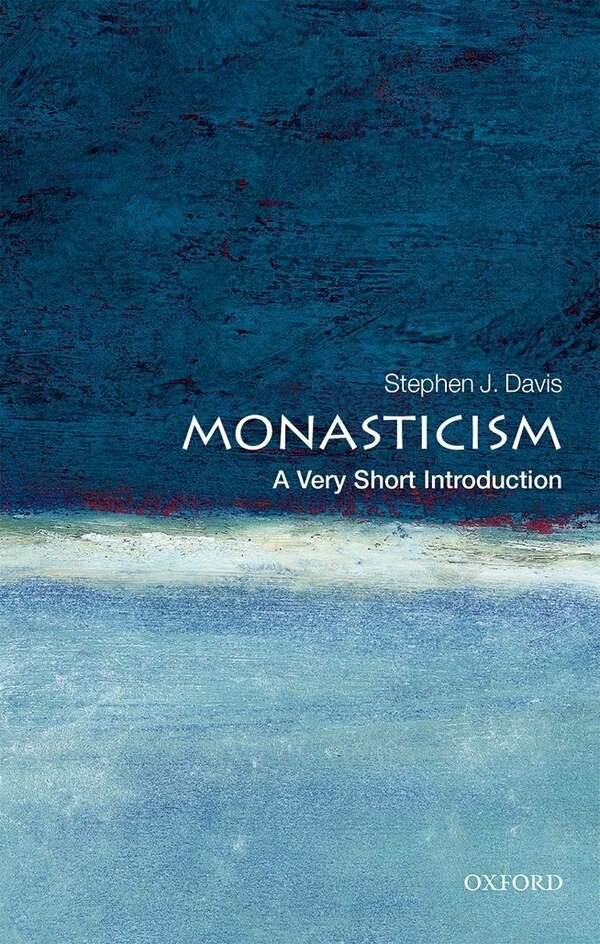Home
Environmental Economics: A Very Short Introduction by STEPHEN SMITH, Paperback | Indigo Chapters
Loading Inventory...
Indigo
Environmental Economics: A Very Short Introduction by STEPHEN SMITH, Paperback | Indigo Chapters
From STEPHEN SMITH
Current price: $13.50


Indigo
Environmental Economics: A Very Short Introduction by STEPHEN SMITH, Paperback | Indigo Chapters
From STEPHEN SMITH
Current price: $13.50
Loading Inventory...
Size: 25.4 x 174 x 200
*Product information may vary - to confirm product availability, pricing, shipping and return information please contact Indigo
If environmental protection is costly, how much should we spend on pollution control? Is it worth reducing pollution to zero, or should we accept some level of pollution because of the economic benefits associated with it? How can we assess the benefits that people get from a less-pollutedatmosphere?In broad terms, environmental economics looks at how economic activity and policy affect the environment in which we live. Some production generates pollution, such as power station emissions causing acid rain and contributing to global warming, but household consumption decisions also affect theenvironment, where more consumption can mean more waste sent to polluting incinerators. However, pollution is not an inevitable consequence of economic activity - environmental policies can require polluting firms to clean up their emissions, and can encourage people to change their behaviour, through environmental taxes on polluting goods, for example. Generally, though, these measures will involve some costs, such as installing pollution control equipment. So there's a trade-off: a cleaner environment, but economic costs. In recent years, many economists have argued for greater use ofincentive in the form of pollution charges and emissions trading rather than more traditional direct regulation of polluters. In this Very Short Introduction, Stephen Smith discusses environmental issues including pollution control, reducing environmental damage, and global climate change policies, answering questions about how we should balance environmental and economic considerations, and what form government policiesshould take. Including many illustrative case studies and examples he shows that this is an exciting field of economics, and one that is at the heart of many public debates and controversies. | Environmental Economics: A Very Short Introduction by STEPHEN SMITH, Paperback | Indigo Chapters















